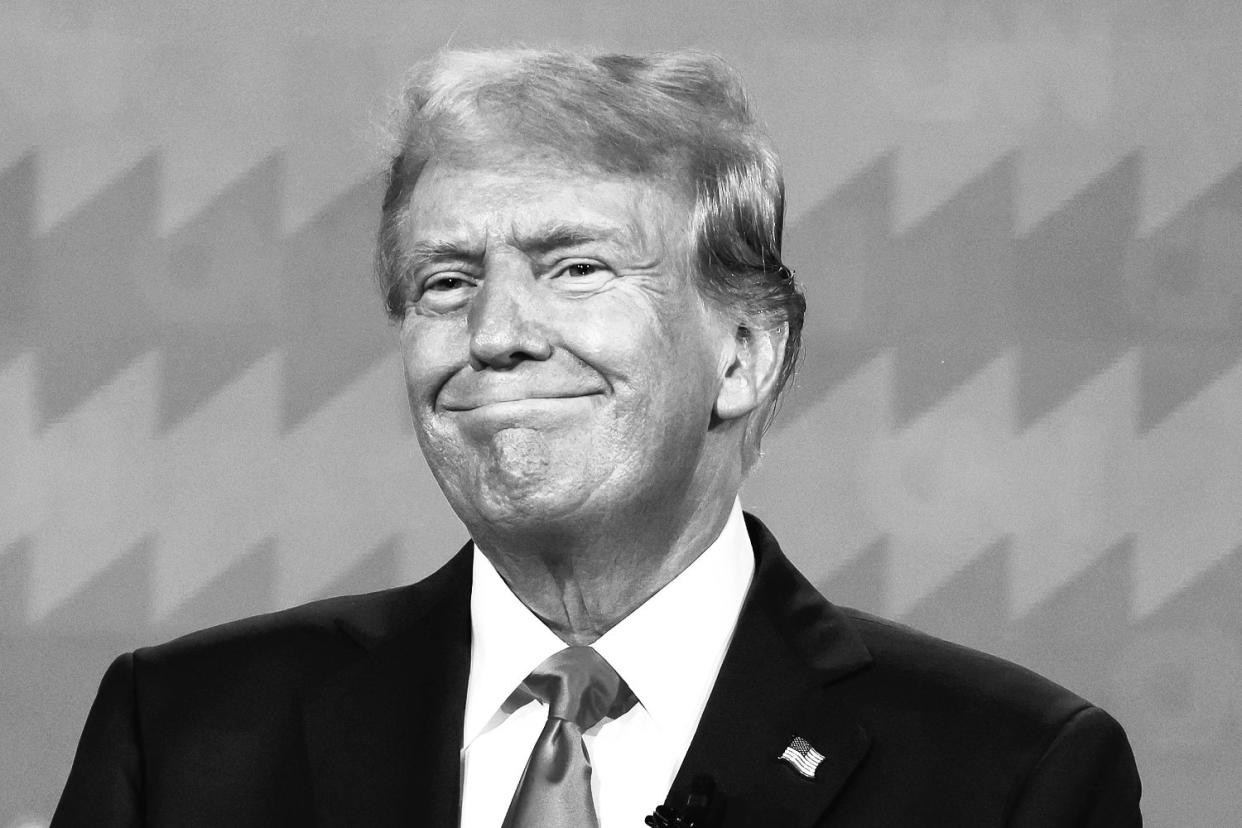MSNBC – Opinion
The Supreme Court wrote an immunity test Trump can’t help but pass
Hayes Brown – July 2, 2024

It’s hard to see how the Supreme Court’s ruling on whether former President Donald Trump enjoys immunity from prosecution could be much worse. It’s true that the opinion in Trump v. United States doesn’t grant him the absolute immunity that he’d claimed. Instead, Chief Justice John Roberts authored a majority opinion as close as possible to finding that absolute immunity without making a complete mockery of the findings of the lower courts. In the end, the chief justice and his GOP-appointed colleagues determined that presidents are immune for “official acts” but may still be prosecuted for “unofficial acts” once they’ve left office.
With this decision, the six conservative justices left up in the air exactly what parts of the federal indictment against Trump are still constitutional. The opinion accordingly pats itself on the back for not making the determination straight away, leaving that to the lower courts to determine based on a test of the Supreme Court’s devising. But the caveats and examples that the court provides in its opinion makes it obvious that anything determined to be outside the shield it has erected around Trump will be at best a temporary setback for the former president.
In this brave new world, a president’s actions can be divided into three categories. The first are those official acts that are “conclusive and preclusive” — authorized through a power granted solely to the president under the Constitution. Such acts are now totally protected from prosecution. All other official acts, including presidential communications, are granted “presumptive immunity.” In those cases, prosecutors can still argue that executive privilege doesn’t apply but it’s up to a judge to make that call. Finally, “unofficial acts,” or those taken beyond the scope of office, don’t fall under the aegis of this newfound immunity — but exactly what counts is left undefined.
In setting this new precedent, Roberts draws heavily on the 1982 decision in Nixon v. Fitzgerald, which determined that the president enjoys immunity from civil cases even for acts that extend to the “outer perimeter” of their role. The same presumed immunity for those acts now applies to criminal cases, “so long as they are ‘not manifestly or palpably beyond [his] authority.’” With that very unhelpful guidance, Roberts has ordered the lower courts to do the work now of figuring out what exactly that entails, including whether the Trump-led pressure campaign against former Vice President Mike Pence fits the bill.
Accordingly, this ruling has wiped away entirely the assertion in special counsel Jack Smith’s indictment that Trump leaned on the Justice Department to pursue false election fraud cases to bolster his efforts to overturn the election. More damaging, Smith is now blocked from even using those supposedly “official acts” as evidence to prove criminality for unofficial acts, whichever those wind up being. The overall effect is to tie prosecutors’ hands, cutting them off from one of the key factors in determining whether to bring charges against a person.
Importantly, Roberts also writes that “in dividing official from unofficial conduct, courts may not inquire into the President’s motives.” This new dictum applies even in instances of clear motive to act in their own personal interest, rather the national interest, putting such motivations beyond the reach of prosecutors. This determination also all but bars lower court judges from applying common sense to charges involving a president, as Monday’s ruling also blocks judges from deeming a president’s action unofficial “merely because it allegedly violates a generally applicable law.”
To top it all off, Roberts sanctimoniously forgoes driving the dagger into the heart of this case. After determining that criminal immunity exists for official presidential actions, he then writes that “the current stage of the proceedings in this case does not require us to decide whether this immunity is presumptive or absolute” for each of those given actions. No, those issues must be left for the future because, he writes, a single case “in more than ‘two centuries does not afford enough experience’ to definitively and comprehensively determine the President’s scope of immunity from criminal prosecution.”
U.S. District Judge Tanya Chutkan, who is overseeing the federal case in question, is now tasked with adjudicating which of Trump’s actions are still subject to prosecution. What is left only implicit in the opinion, though, is that those decisions are subject to appeal by Trump or the prosecutors (though much more likely the former). So, too, are the decisions that the appeals court eventually makes, putting the final call right back where it started: in the hands of Roberts and his fellow conservatives.
In sum, this decision is a Roberts special, projecting neutral impartiality while thoroughly skewed toward a predetermined outcome. The supposed tests that are meant to give the veneer of wide applicability beyond Trump should instead be seen in the same light as the decision to allow him onto the ballot despite the 14th Amendment’s language preventing it: a fig leaf over a standard that applies to only one man.
